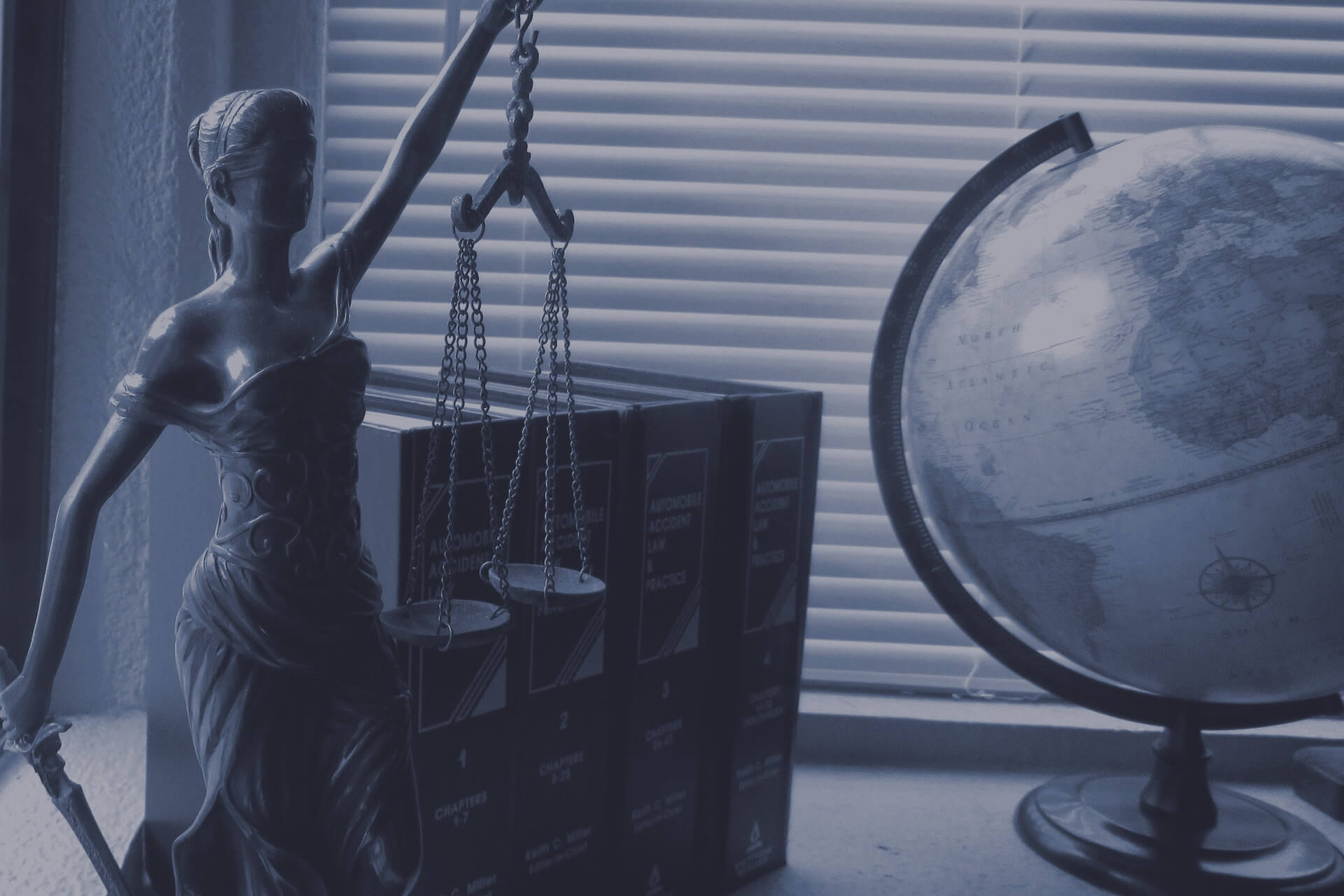Supreme Court Adopts a Broad “Ministerial Exception” For Religious Employers
The United States Supreme Court has expanded the scope of the so-called “ministerial exception” which shields religious employers from anti-discrimination laws, such as Title VII, which prohibits discrimination on the basis of race, color, sex, national origin and religion; the Age Discrimination in Employment Act and the Americans With Disabilities Act. The Court reasoned that the First Amendment prohibits secular courts from getting involved in employment discrimination claims brought against religious organizations where the employee served a religious function. Therefore, in such instances, employees of religious employers cannot sue under federal anti-discrimination laws.
The case involved claims by two employees against two different Catholic schools. In one case an employee claimed she was fired due to her age and in the other the employee claimed she was terminated because she asked to take leave for breast cancer treatment. The Supreme Court ruled that despite not officially being members of the clergy, the “ministerial exception” applied to their claims because they both taught religion and had contracts that included clauses that referenced obligations to uphold the religious missions of their schools.
In a 7-2 decision authored by Justice Samuel Alito, the Court defined the exemption very broadly. “The religious education and formation of students is the very reason for the existence of most private religious schools, and therefore the selection and supervision of the teachers upon whom the schools rely to do this work lie at the core of their mission,” Justice Alito wrote. “Judicial review of the way in which religious schools discharge those responsibilities would undermine the independence of religious institutions in a way that the First Amendment does not tolerate.”
Writing for the majority Justice Alito went on to state that “[t]his does not mean that religious institutions enjoy a general immunity from secular laws, but it does protect their autonomy with respect to internal management decisions that are essential to the institution’s central mission. And a component of this autonomy is the selection of the individuals who play certain key roles.”
In descent, Justice Sonia Sotomayor wrote that such a broad reading of the exception would provide such religious institutions with a license to discriminate against their employees. “This sweeping result is profoundly unfair,” Sotomayor wrote in a dissenting opinion. “Recently, this Court has lamented a perceived ‘discrimination against religion.’ Yet here it swings the pendulum in the extreme opposite direction, permitting religious entities to discriminate widely and with impunity for reasons wholly divorced from religious beliefs. “The inherent injustice in the Court’s conclusion will be impossible to ignore for long, particularly in a pluralistic society like ours,” Sotomayor added.


